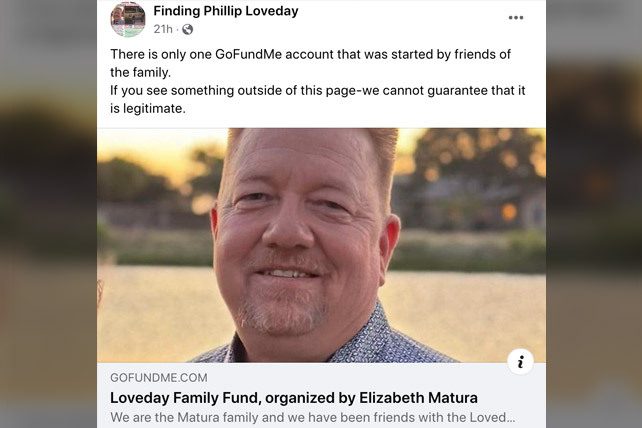In a recent appearance on “The Charlie Kirk Show” podcast, controversial pastor Mark Driscoll aired his grievances with American evangelicalism, calling out pastors and the Bible colleges and seminaries that trained them.
In his introduction of Driscoll, Kirk referred to him as “one of the best, most important Bible teachers in the country—in the world, actually,” and said that Driscoll has “such an amazing gift from the Lord to teach the Word and to honestly tell the truth in this era of lies.”
Kirk, a conservative political commentator, has become increasingly influential in evangelical spaces, as illustrated by the success of Turning Point USA Faith’s Pastor Summit, an annual event that was launched in 2022 and has featured speakers such as Jentezen Franklin, Eric Metaxas, Dave Ramsey, Riley Gaines, and Danny Gokey.
Driscoll is the former pastor of Mars Hill Church in Seattle. While pastor of the now-defunct congregation, Driscoll was accused of a pattern of abusive behavior. He eventually resigned, and the church shuttered its doors. Not long after, Driscoll launched Trinity Church Scottsdale, Arizona, where he has also been accused of abusive behavior.
Driscoll Compares American Culture to the Days of Elijah
To start the interview, Kirk asked Driscoll about his self-published book, “New Days, Old Demons: Ancient Paganism Masquerading as Progressive Christianity,” which is a study of the biblical prophet Elijah.
Describing the content of the book, Driscoll compared President Joe Biden to King Ahab and Vice President Kamala Harris to Jezebel, accusing Harris of sleeping “her way to the top.” He has repeatedly made similar comments in various interviews and online posts.
“The demons are the same, even though the people change,” Driscoll said. “In Christianity, most denominations are led by Ahab. The government is led by Ahab. The southern border is open because of Ahabianism. It’s a passivity and a tolerance. And any time you tolerate, they dominate.”
Referring to biblical times, Driscoll continued, “In their days, that included child sacrifice—which was the precursor to state-sponsored abortion—to the Canaanite god Molech. It also included genital mutilation—transgenderism. And in the days of Ahab and Jezebel, they were dealing with drag queens overtaking.”
Driscoll did not attempt to provide historical evidence for his claim that drag queens were “overtaking” the ancient kingdom of Israel. Nevertheless, he went on to say that a similar “Jezebel spirit” is active in American politics today and is “a demonic attempt to replace God with government.”
Kirk asked why more pastors aren’t talking about this. Rather than acknowledge that his particular interpretation of the biblical account is not widely held, Driscoll simply replied, “I think, oftentimes, people just don’t read the Bible.”
RELATED: Mark Driscoll Claims New Book Was Banned From Amazon for ‘Offensive Content’
Driscoll: Elijah Was ‘A Dude of Dudes’
“Usually when you think of Christianity, you think of that soft, beta-male, gender confused, skinny jeans, you know, feathered hair with frosted tips,” Driscoll said. By contrast, Driscoll argued, Elijah was “a man’s man. He’s a dude of dudes…He’s an outlaw. He’s a cowboy. He doesn’t fit the mold, and he doesn’t come out of the establishment—he comes out of the woods.”

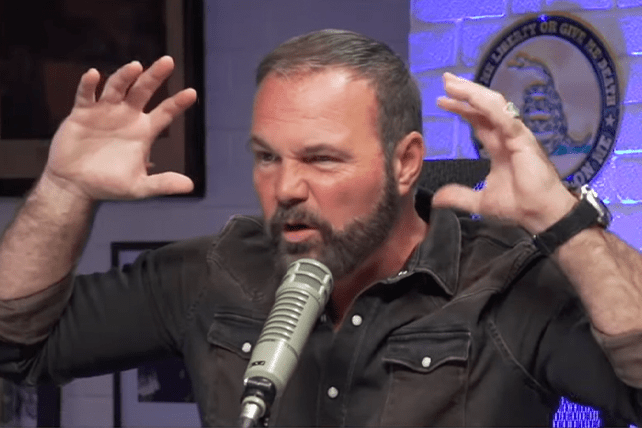


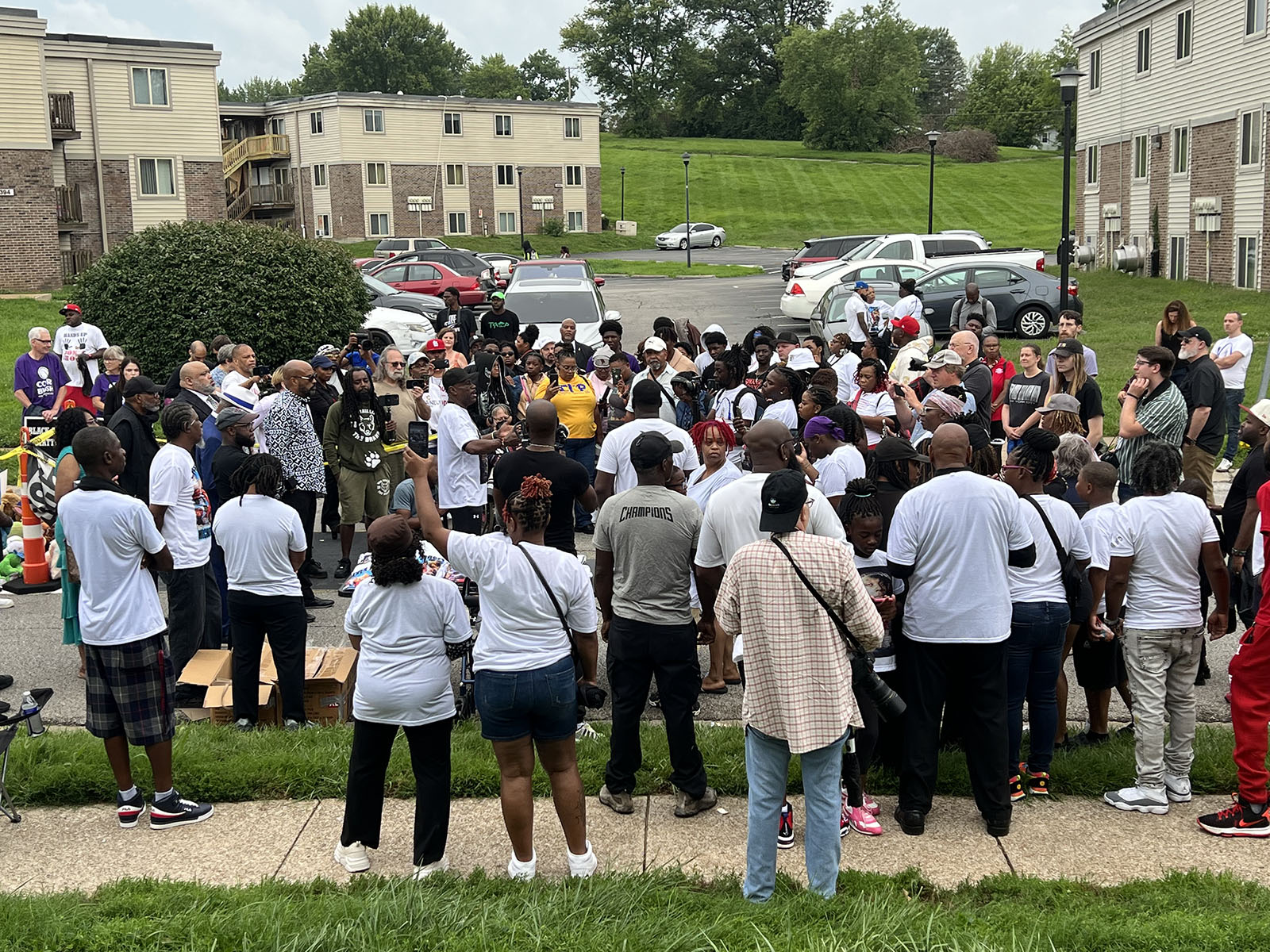
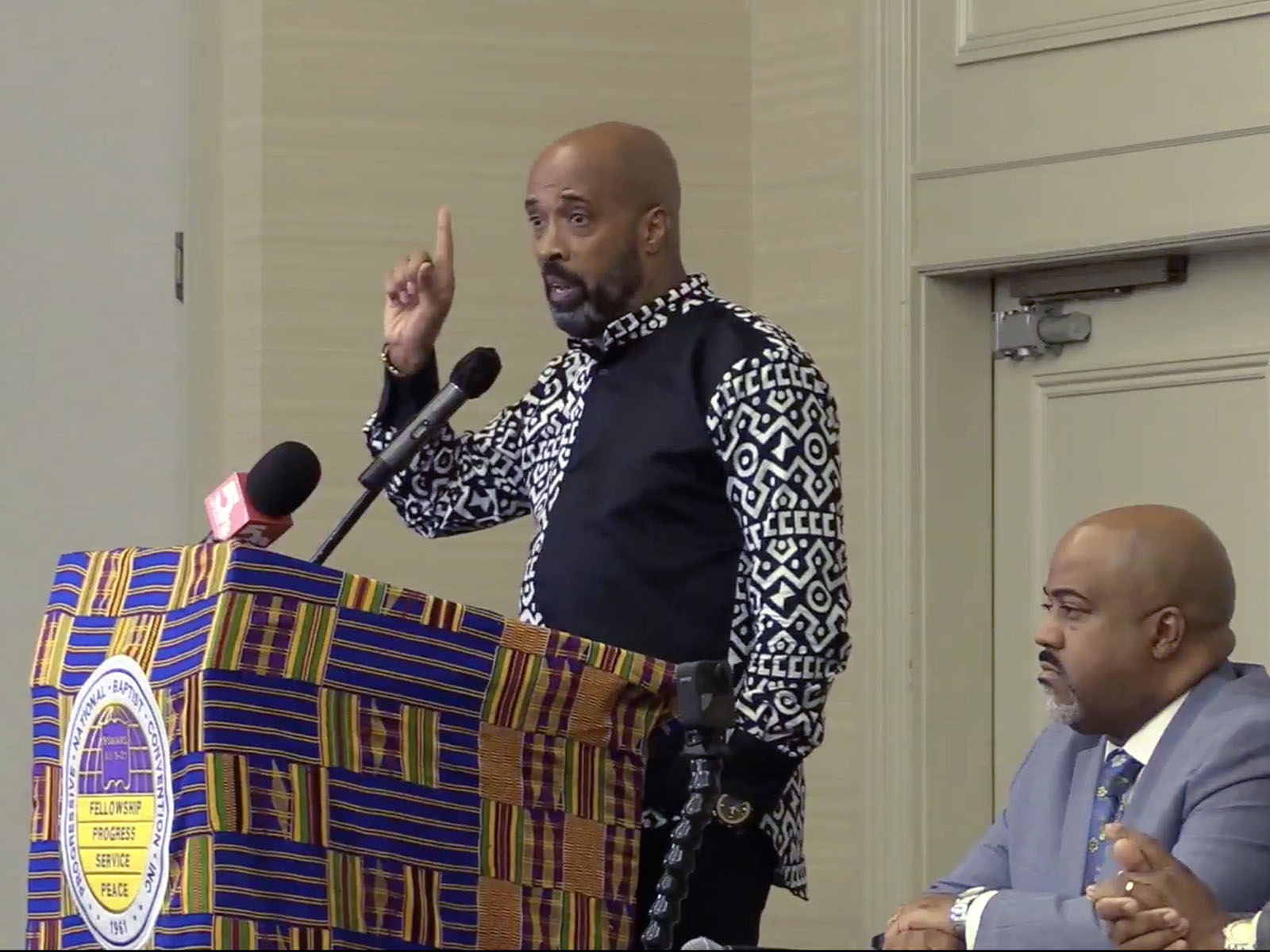



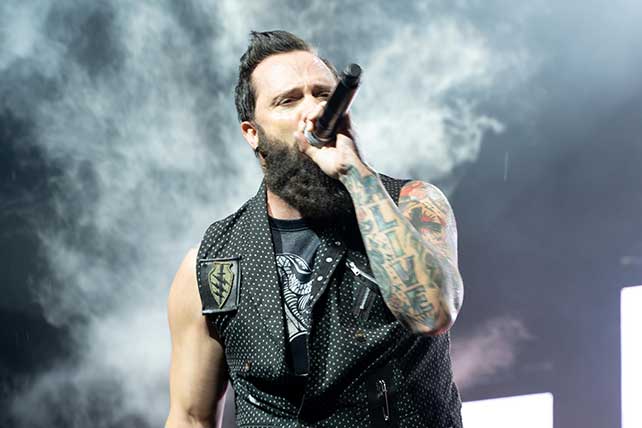
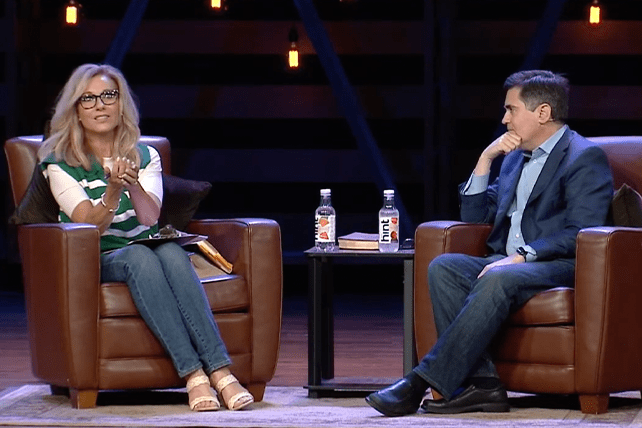


 Have you ever carried the imbalanced weight of acting as a “facilitator” in peacemaking roles? It’s the kind of situation where you, as the
Have you ever carried the imbalanced weight of acting as a “facilitator” in peacemaking roles? It’s the kind of situation where you, as the 
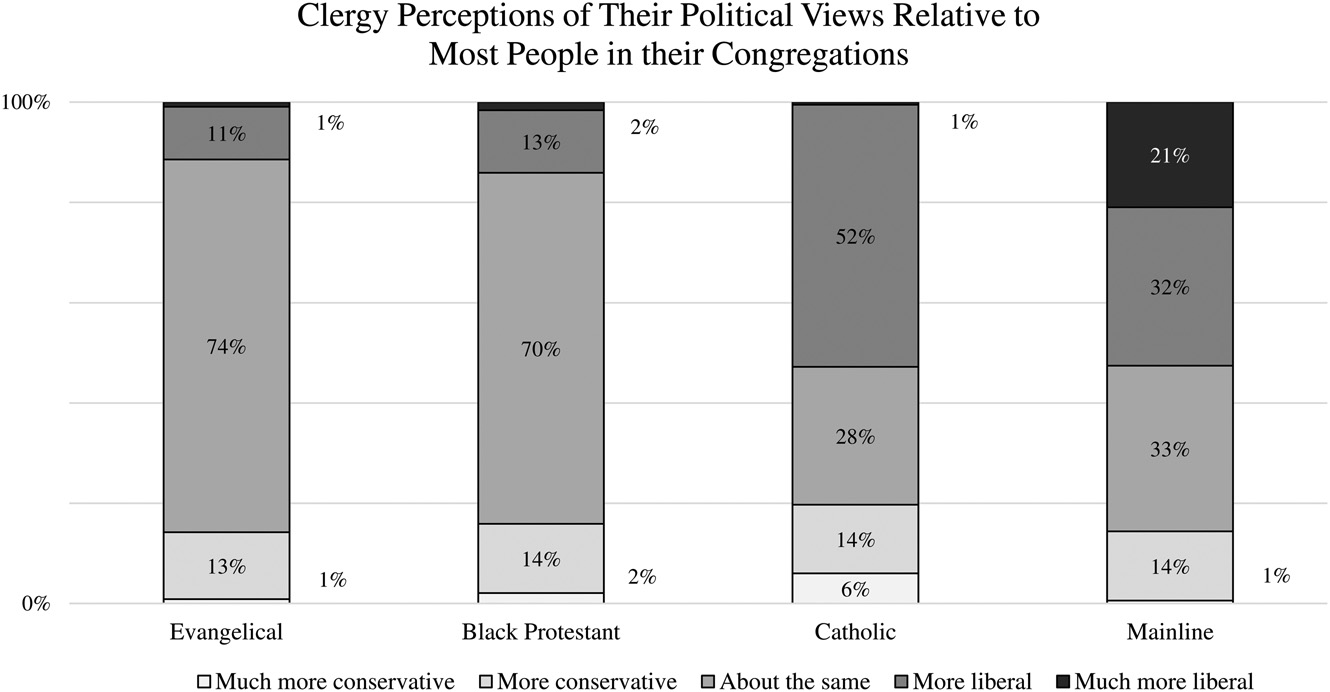








 In our society, which is filled with competing and mixed allegiances, how can we best minister across all generations, especially our younger generations? In this week’s conversation on FrontStage BackStage, host Jason Daye is joined by Eli Bonilla Jr. Eli is a leader in the next-gen space, serving in a variety of capacities on national ministry networks. Eli also serves as the global next-gen pastor at Bethany Church in Louisiana. He has recently released his first book, titled “Mixed.” Together, Eli and Jason examine some current cultural challenges, including a hyper-elevated sense of self and identity, what it looks like to minister in a post-Christendom society, and even some technologies, including
In our society, which is filled with competing and mixed allegiances, how can we best minister across all generations, especially our younger generations? In this week’s conversation on FrontStage BackStage, host Jason Daye is joined by Eli Bonilla Jr. Eli is a leader in the next-gen space, serving in a variety of capacities on national ministry networks. Eli also serves as the global next-gen pastor at Bethany Church in Louisiana. He has recently released his first book, titled “Mixed.” Together, Eli and Jason examine some current cultural challenges, including a hyper-elevated sense of self and identity, what it looks like to minister in a post-Christendom society, and even some technologies, including 

